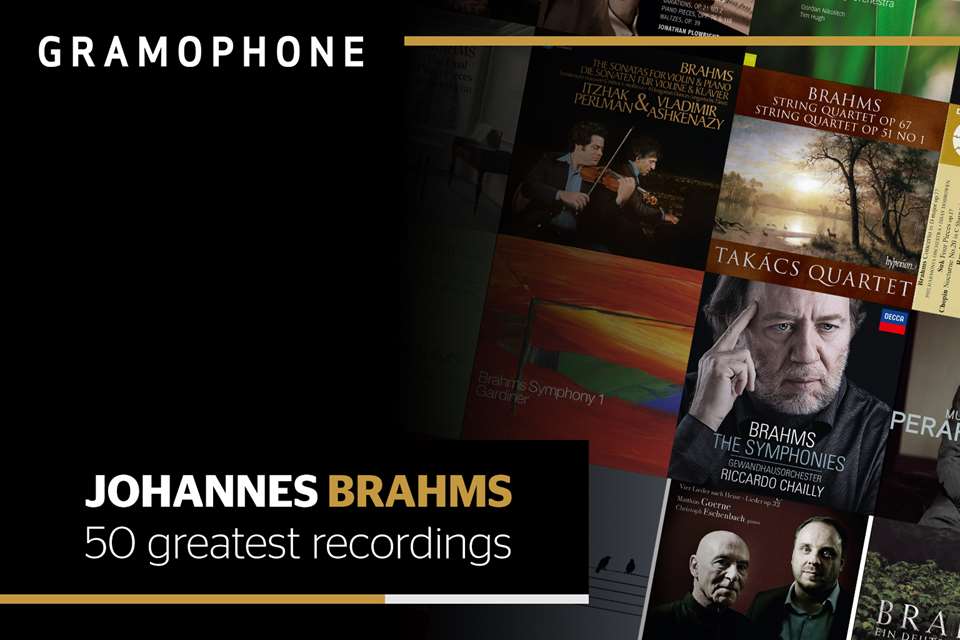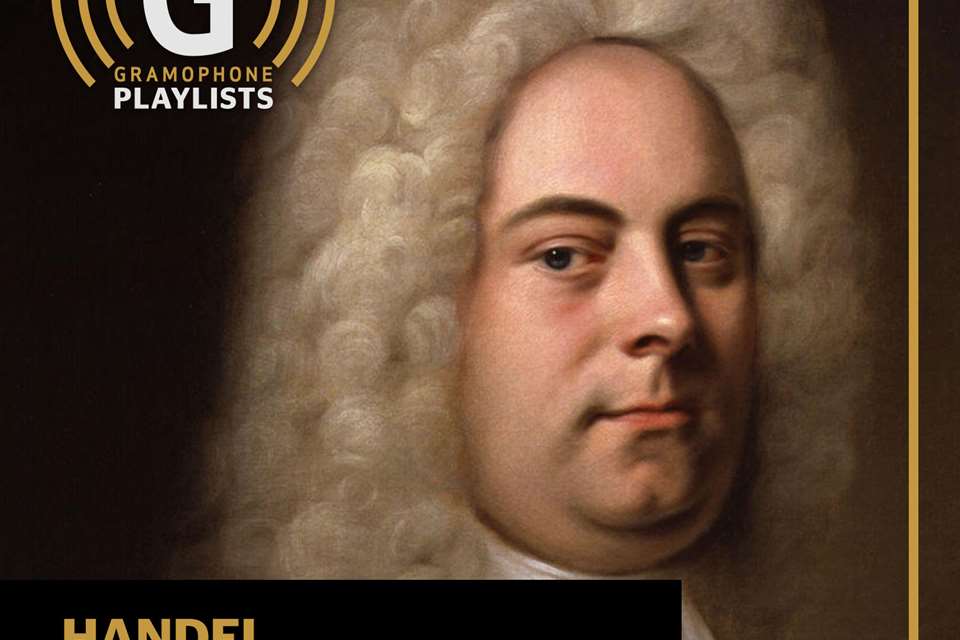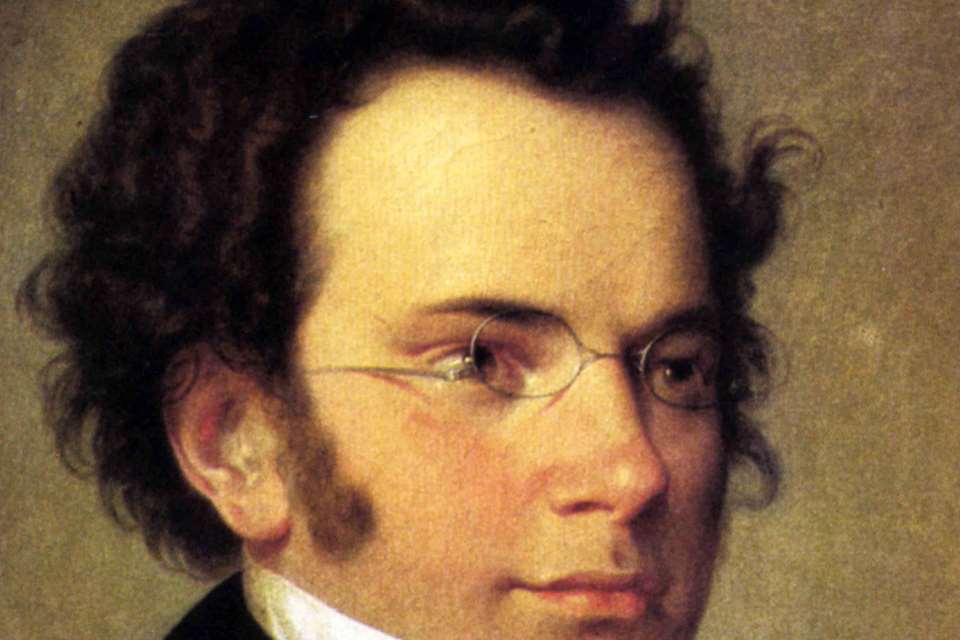The 50 greatest Tchaikovsky recordings
Sunday, January 1, 2023
The perfect introduction to Tchaikovsky's music, featuring recordings by Herbert von Karajan, Martha Argerich, Mstislav Rostropovich, Julia Fischer, Valery Gergiev and many more
Register now to continue reading
Thanks for exploring the Gramophone website. Sign up for a free account today to enjoy the following benefits:
- Free access to 3 subscriber-only articles per month
- Unlimited access to our news, podcasts and awards pages
- Free weekly email newsletter














